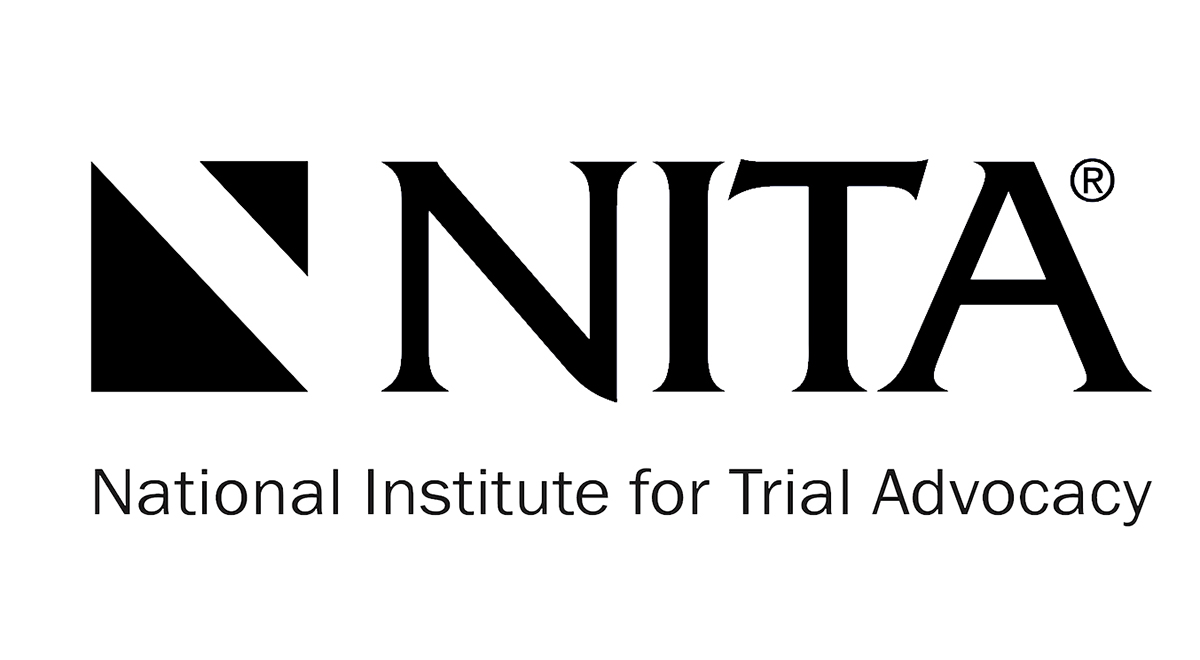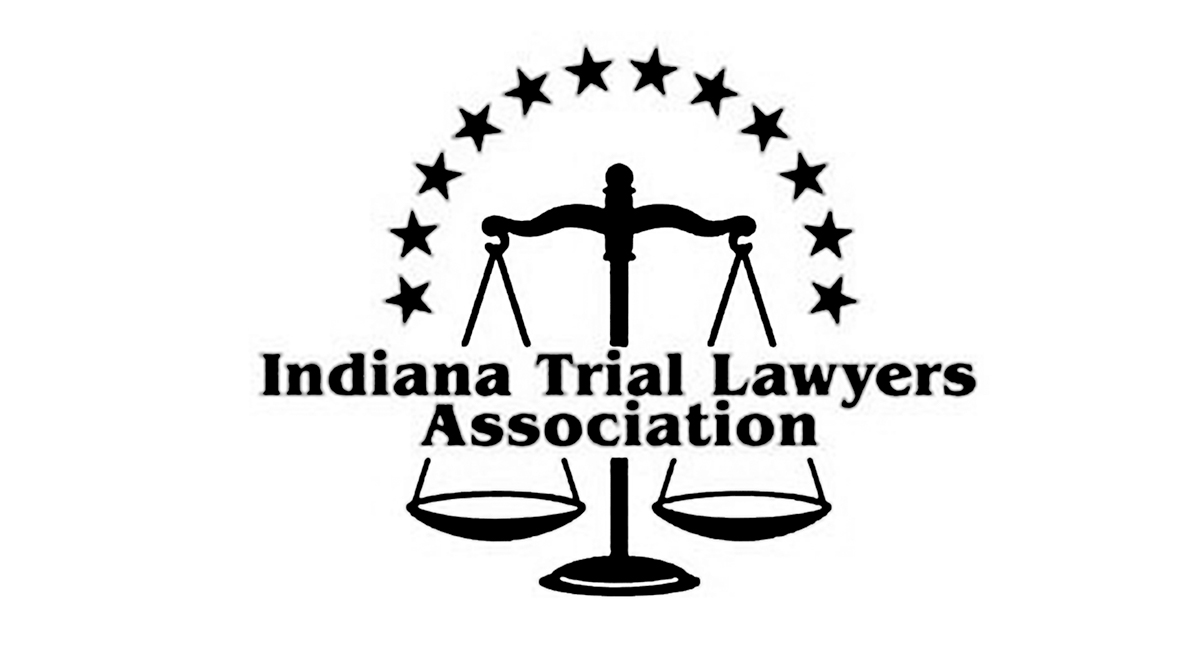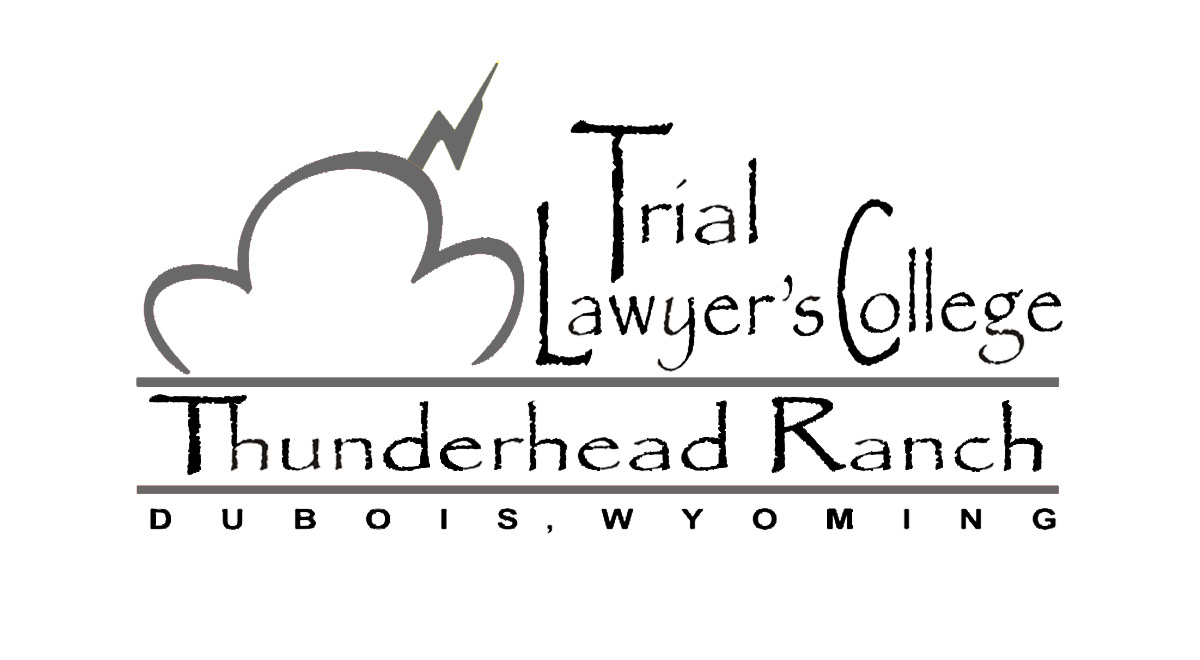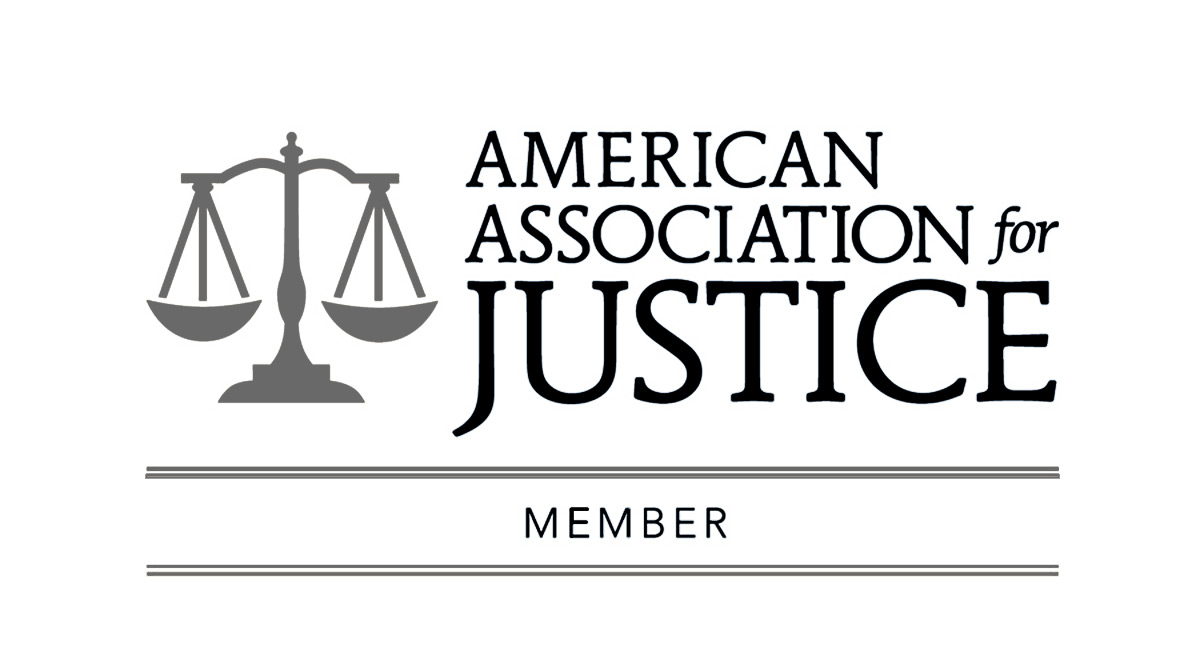
Losing a family member due to another person’s negligence is a painful situation you shouldn’t face alone. Indiana law permits you to seek accountability from the responsible person, and our attorneys can assist you with your case.
When a loved one dies unexpectedly, the expenses can pile up. You not only lost someone dear to you but also any income they made, and the costs related to death, such as burial and funeral costs, add up fast. If someone else caused the death of your loved one, it should not be on you to shoulder the financial burden.
At Custy Law Firm | Accident & Injury Lawyers, our attorneys have experience working with families on wrongful death claims. We put our full effort into assisting you to pursue the money you deserve from the responsible party.
We know this can be a stressful and emotional time. Let us build your case and advocate for you. Our personal injury attorneys will stand up against the person or people who took your family member away and hold them accountable. Contact Custy Law Firm | Accident & Injury Lawyers at (219) 286-7361 today to get started.
What Constitutes Wrongful Death?
Indiana Code 34-23-1-1 states wrongful death occurs when one party causes the death of another through negligent or criminal actions. The law specifies that it includes situations in which a personal injury claim would have been possible had the victim lived.
Common incidents that lead to wrongful death claims include:
- Car accidents
- Medical malpractice incidents
- Criminal acts, including assault and murder
- Premises accidents
Wrongful death is a civil cause of action. If someone committed a crime that resulted in wrongful death, the state might handle it separately by prosecuting that individual. Civil lawsuits require a lower burden of proof than criminal matters, which means you only need to show enough evidence to convince the judge or jury that the other party’s actions likely led to the death. You do not need to prove your case beyond a reasonable doubt.
What Compensation Is Available?
Indiana Code 34-23-1-2 outlines what compensation you may request in a wrongful death action. The potential award from the court may include:
- Medical expenses
- Funeral and burial expenses
- Attorney’s fees
- Loss of companionship
- Estate administration costs
If the victim had a spouse or dependent children, the claim might also request compensation for the loss of future earnings.
The payout under the order goes to the spouse and children first, and the court designates how much goes to each party. Without a spouse or children, compensation will be disbursed to the next of kin following inheritance laws. The law also allows those who provide care in the person’s last days to receive money from a wrongful death lawsuit when there is no spouse or children.
If there is no next of kin, the person bringing the case may only ask for payment of actual expenses. The law limits loss of companionship awards to $300,000, but there is no limit for actual expenses.
Who Can Bring a Wrongful Death Claim?
Only close relatives can bring a wrongful death lawsuit to court. The first claim rights belong to the spouse and dependent children. After that, adult children and parents can bring a case, but they must prove to the court that they had a close relationship with the victim before claiming compensation.
In any case, only a personal representative, which is the person who is in charge of the deceased person’s estate, can file the lawsuit with the court. They do this on behalf of the family members.
Are the Rules Different for the Death of a Child?
Indiana Code 34-23-2-1 addresses the death of a child, which it handles differently than when the victim is an adult. To be a child under the law, a person must be unmarried and cannot have any dependents. He or she must be under 20 or 23 if enrolled in college or technical school. The definition of “child” includes viable fetuses except for abortion.
In a case with a child victim, you can benefit from the lawsuit if you are a parent. Both parents can file together, or the parent with court-award custody may do so. If a parent has abandoned the child, they are not entitled to any payments under a wrongful death suit.
Compensation available for such cases includes:
- Loss of love and service
- Expenses for medical care, funeral, and burial
- Counseling expenses for parents or siblings due to the death
- Debts of child
- Estate administration costs
When deciding an award, the court or jury should consider the time up to when the child would have been 20 years old or 23 if attending college or technical school or the date of the parent’s death, whichever comes first.
How Can an Attorney Assist With Your Case?
 Filing a wrongful death lawsuit requires understanding personal injury law. Your attorney can be a great help during the process by assisting you with:
Filing a wrongful death lawsuit requires understanding personal injury law. Your attorney can be a great help during the process by assisting you with:
- Figuring out the amount and type of compensation
- Identifying liable individuals
- Ensuring your legal rights
- Complying with deadline requirements for filing
- Handling any requests from the court
- Assisting with jury selection
While you don’t have to show beyond a reasonable doubt that the other party is responsible, you still have a burden of proof you must meet to win your case. You may have to secure witnesses or experts or conduct specialized investigations; your attorney can manage all those tasks.
Seek Help With Your Case Right Away
When dealing with losing a loved one, it can be challenging to handle the legal aspects of a wrongful death case. Hiring an attorney can take the burden off you and give you time to grieve. At Custy Law Firm | Accident & Injury Lawyers, we have dedicated lawyers ready to uphold your rights and provide you with compassionate service.
We want to make the process easier by taking on the legal fight. It is our mission to stand up for our clients and seek justice. You will not pay us anything until you receive compensation. Call us at (219) 286-7361 today to discuss your case with an attorney.









